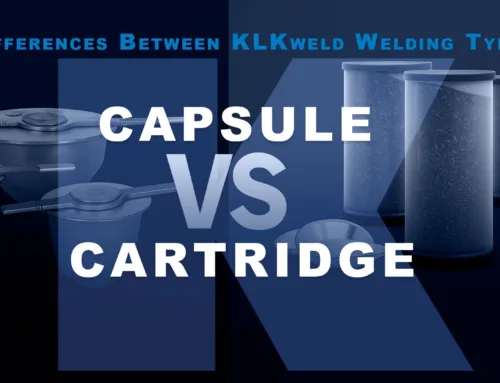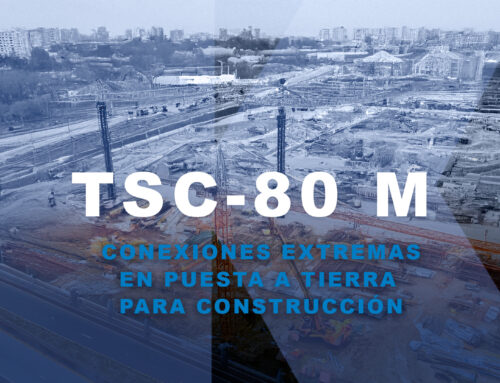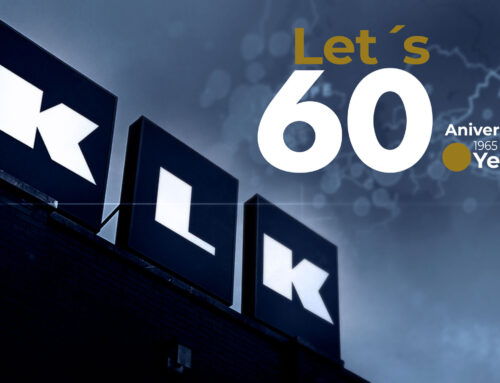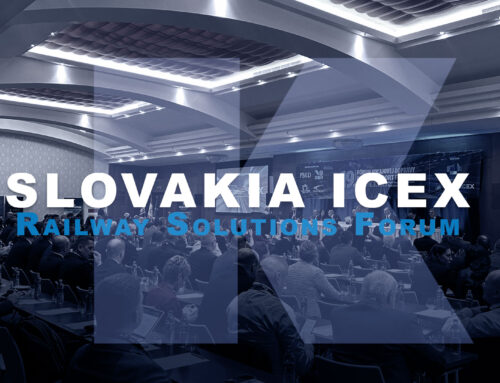CBAM impact on electrical materials in the EU
CBAM: Carbon Border Adjustment Mechanism
The European Union’s Carbon Border Adjustment Mechanism (CBAM) is a carbon tax on imports, designed to combat climate change by applying carbon prices to key sectors such as cement, aluminum, and steel.
Spanish electrical materials manufacturing companies should be prepared to understand the impact of the new Carbon Border Adjustment Mechanism on their imports.
Daniel Rendueles CMO KLK Electro materiales
But what is the CBAM tax?
CBAM and its Influence on the Industry: The EU’s Carbon Border Adjustment Mechanism introduces a new carbon tax on imports in sectors such as cement, aluminum, iron, and steel. For KLK Electro Materiales, where a portion of our production relies on the use of raw materials like aluminum, iron, and steel, it is crucial to understand and adapt our processes to these changes without passing on price increases to the domestic and international markets.
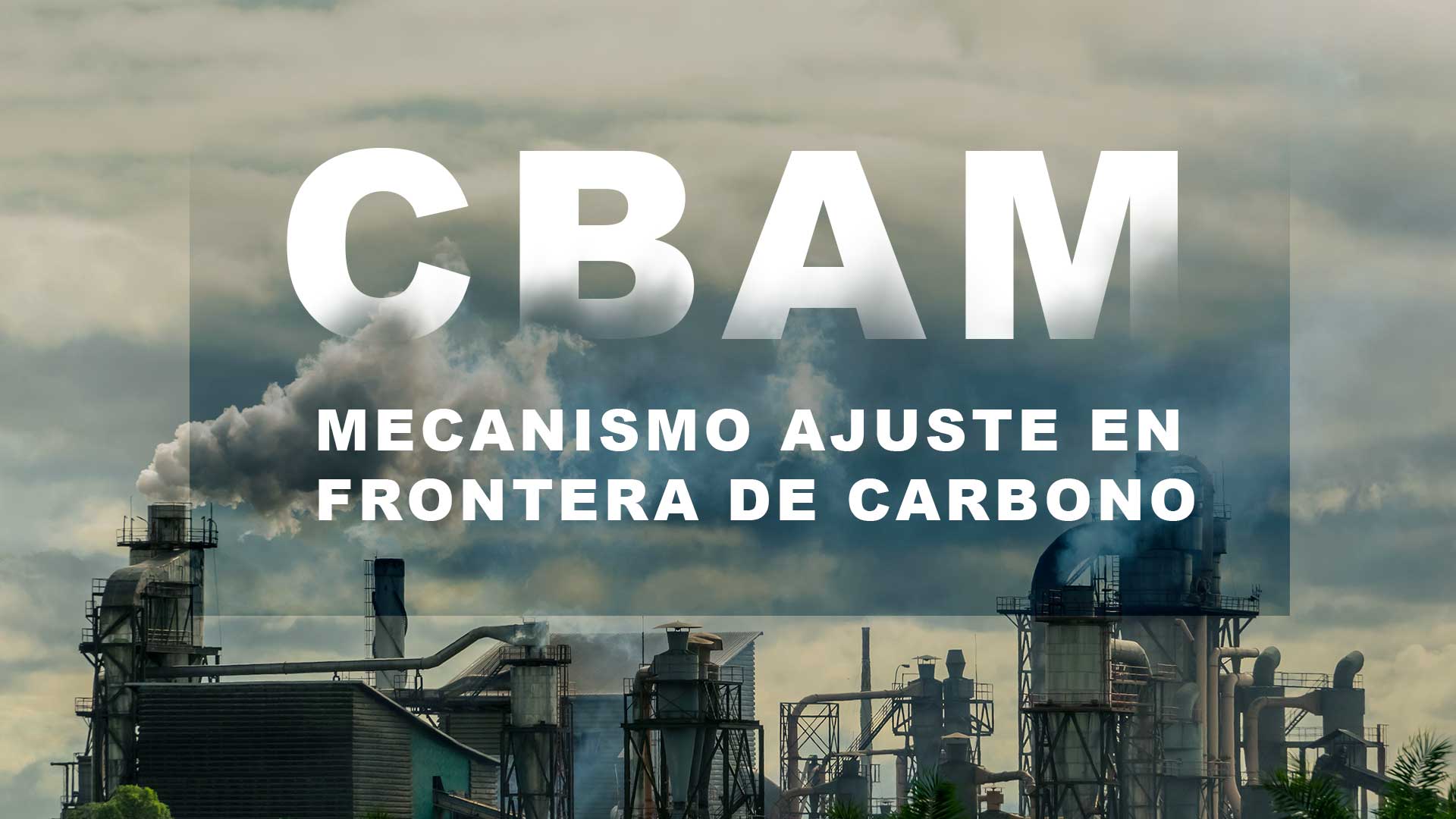
Environmental Impact on Imports | Photo: Image Bank
Innovations in taxation associated with costs based on emissions:
The new EU Carbon Border Adjustment Mechanism (CBAM) represents an innovative tax measure aimed at internalizing the costs associated with carbon emissions in imported products, with a particular focus on crucial sectors such as cement, aluminum, iron, and steel. This approach becomes a determining factor for companies whose imports are part of their production process, as in the case of KLK Electro Materiales. Our exothermic welding equipment and power resistors are installed in markets worldwide, where competitiveness is not just a necessity but an obligation.
The significance lies in the need to clearly understand the implications and strategically adapt to these regulatory changes, maintaining our competitiveness and sustainability in the electrical materials industry both within and outside the national territory.
Álvaro Pidal CFO KLK Electro materiales
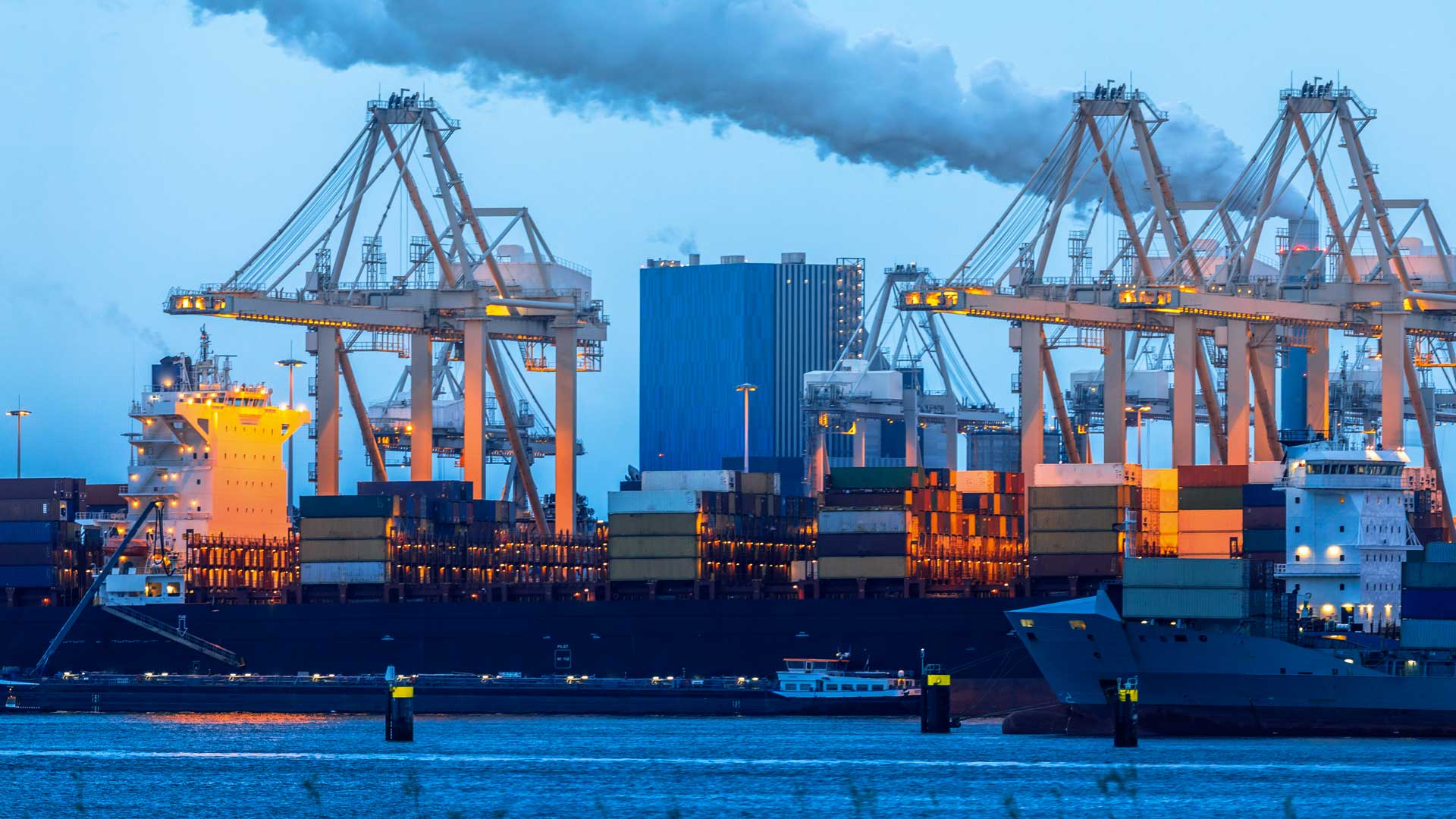
Imports from outside the EU | Image: EU Port
Implementation Phases and Dates:
The Carbon Border Adjustment Mechanism (CBAM) will be rolled out gradually, establishing a transitional period from 10/01/2023 to 12/31/2025. During this initial phase, payment for imports of affected products will not be required. Instead, importers will only be asked to submit a quarterly declaration through the transitional registry, simplifying the process.
In a few days, specifically on January 31, 2024, which marks the submission of the first report for goods imported during the last quarter of 2023.
It will be from 2026 onwards when the full implementation of CBAM will apply to importers, including companies like KLK Electro Materiales. They will be required to purchase certificates equivalent to the carbon price, according to EU pricing regulations.
This is an essential step to align imported goods with EU production standards, strengthening coherence with the region’s environmental policies.
Registro Definitivo CBAM y Procedimientos Adicionales:
Será imperativo inscribirse en el registro definitivo CBAM, someterse a verificaciones por organismos externos independientes y presentar declaraciones CBAM anualmente.
Para nosotros, en concreto, KLK Electro materiales, estos procedimientos refuerzan la necesidad de un nivel de presiones altamente eficiente y una gestión total entre los departamento que integran logística, producción y calidad para ser capaces en el cumplimiento normativo. Donde el trabajo de comunicación interdepartamental sera clave, mas aún si cave, en la aplicación de estos nuevos procedimientos adicionales.
In conclusion:
The CBAM or Carbon Border Adjustment Mechanism redefines import management, demanding that companies, such as KLK ELECTRO Materiales, adapt to the improvements these procedures will generate in the environment while compelling us to reinvent ourselves to maintain competitiveness in the market.

Green Actitud by KLK | Foto: Site KLK imágenes
KLK Electro materiales slu
Mail | Web | Teléfono | Chatbot | Social Media
Needs Help?

